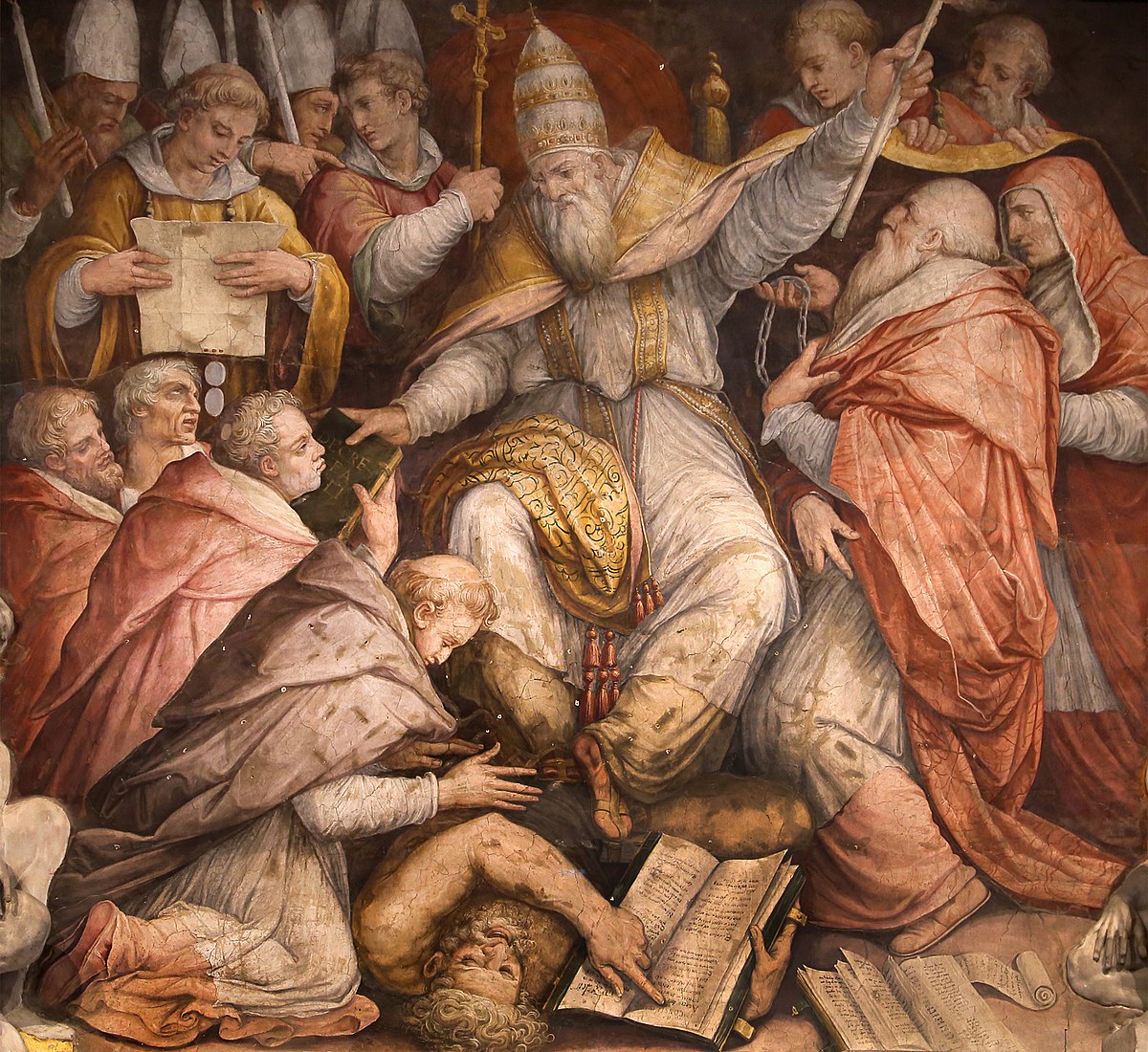Fervent
Well-Known Member
- Sep 22, 2020
- 7,581
- 3,482
- 45
- Country
- United States
- Gender
- Male
- Faith
- Christian
- Marital Status
- Married
There's generally a range of tolerance, and highlighting a nation or nations with low religiosity regarding their tolerance of religious pluralism doesn't speak much to the issue. Shunning is generally done over values that are held in high regard, and group-oriented cultures will shun over deviation from socially acceptable beliefs ranging from a variety of views. If a culture holds religion in high esteem and has high group orientation, religious shunning would be expected. Committed Christians are going to have high religiosity, so the legitimacy of shunning is going to come down to individualist ethics vs valuing conformity.Religious shunning is not equivocal with broader social sanctions on bad behavior. I know about anthropology and have studied Asian societies. Shunning people because of their religious creed is not normative in any developed nation, whether they are individualistic or not. In Japan, nobody really cares if you are a Christian. They care if you cause problems for other people. The idea of cutting off longstanding relationships because of religious creeds is the stuff of cults, even in a group-oriented society like Japan.
Upvote
0


